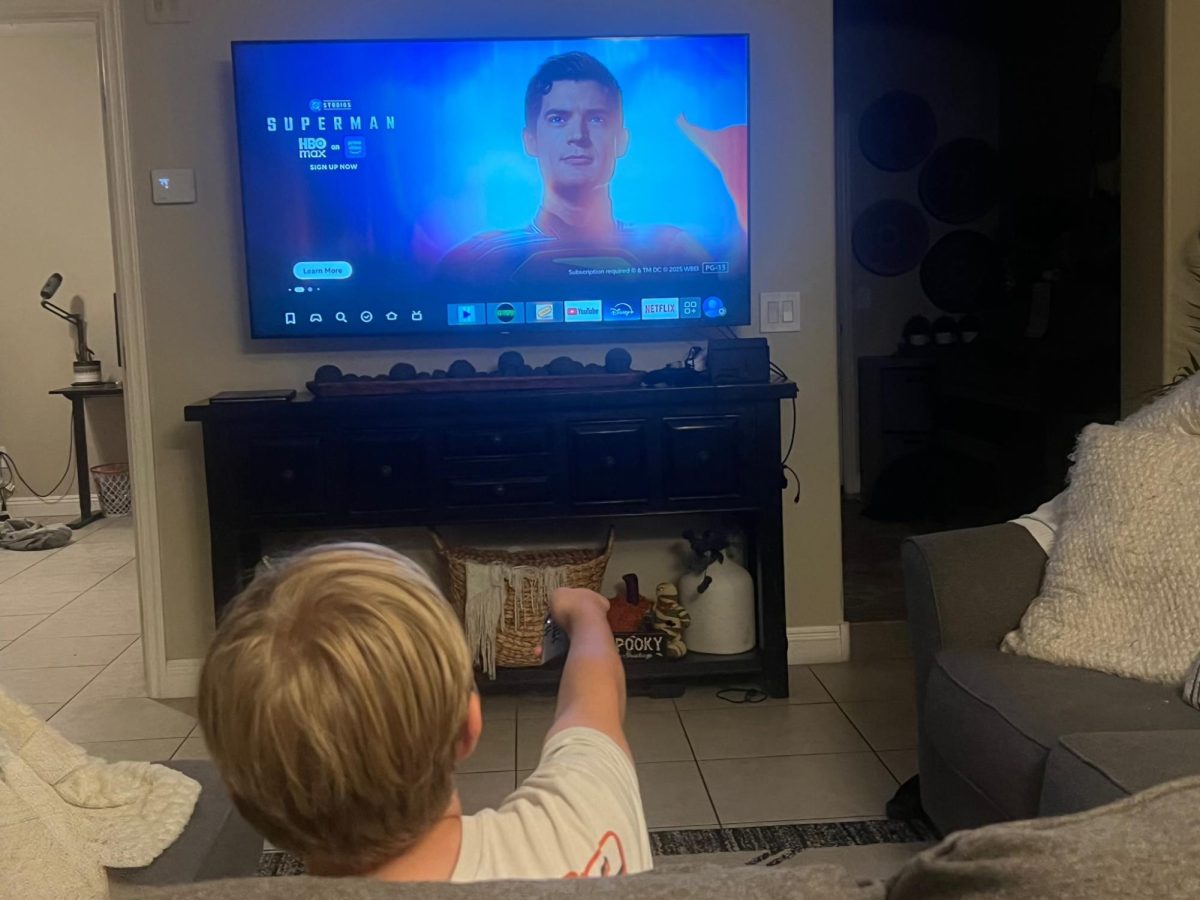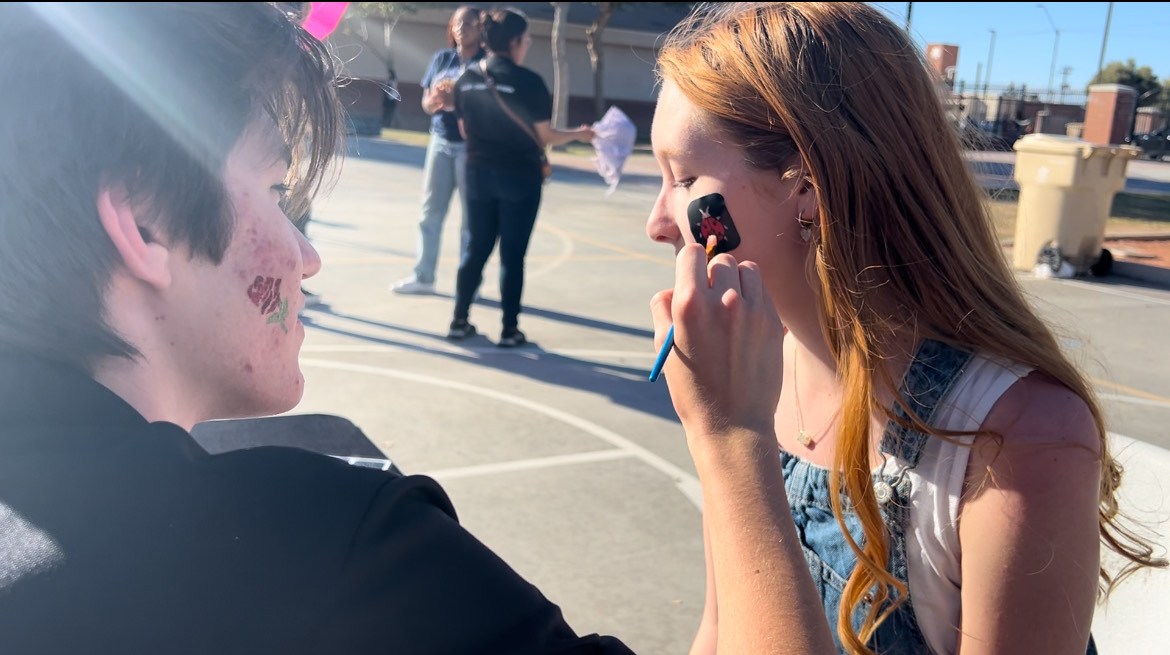Netflix’s latest true crime series, Monster, directed by Ryan Murphy, has quickly captured the attention of viewers with its dramatic portrayal of the infamous Menendez brothers’ case. Following the success of his previous work on Jeffrey Dahmer, Murphy shifts his focus to the complex and tragic story of Erik and Lyle Menendez, portrayed compellingly by Cooper Koch and Nicholas Chavez. However, the series raises significant questions about the ethics of storytelling and the portrayal of real-life tragedies.
The show opens on Halloween, establishing an eerie tone as it reveals the brothers committing the brutal murders of their wealthy parents, Jose and Mary Menendez, just a week earlier. This dramatic framing draws viewers into the dark world of the Menendez family, where privilege masks deep-rooted trauma. As the narrative unfolds, Erik’s descent into mental anguish is explored, marked by suicidal thoughts and intense therapy sessions where he grapples with guilt and ultimately confesses to the murders.
A key focus of Monster is the relationship between Erik and Lyle, which is portrayed as both romantic and deeply dysfunctional. This representation raises questions about the motivations behind such a depiction. Rather than presenting a straightforward account of the brothers as victims of abuse, Murphy’s interpretation introduces a layer of sensationalism that risks overshadowing their harrowing experiences. By framing their bond in this dramatic light, the series transforms the tragic narrative into a spectacle, detracting from the underlying issues of mental health and familial abuse.
At the heart of the Menendez case lies a disturbing tale of abuse. Both brothers have alleged that they suffered years of physical and sexual abuse at the hands of their father, which complicates the understanding of their actions. The series could have delved deeper into this critical aspect, illuminating the psychological implications of such trauma. Instead, Murphy’s portrayal simplifies their narrative, depicting them more as “monsters” rather than individuals shaped by horrific experiences. This approach diminishes the severity of their plight and perpetuates misconceptions about victims of abuse.
Murphy’s handling of the Menendez case invites scrutiny, particularly when compared to his approach with Dahmer. Erik Menendez has publicly criticized the series for misrepresenting the emotional truths of their story, highlighting the responsibility creators have when dramatizing real-life tragedies. This raises essential questions: How should true crime narratives balance entertainment with authenticity? When dramatizing events as horrific as the Menendez murders, it is crucial to navigate the line between engaging storytelling and respectful representation.
Monster spans two seasons, dedicating the second to the Menendez brothers’ saga. The series comprises nine episodes that chronicle the unfolding drama of their trial and the societal response to their actions. However, as the story progresses, viewers may question the accuracy of the events portrayed. Critics have pointed out inaccuracies and misrepresentations, raising concerns about the potential for misinformation to shape public perception, especially regarding a story as complex as that of the Menendez brothers.
By emphasizing dramatic flair, Monster risks transforming a deeply emotional and complex case into a sensational true crime spectacle. In doing so, it may alienate viewers who seek a more nuanced understanding of the Menendez brothers’ experiences. Their case encompasses themes of trauma, familial betrayal, and the quest for justice, yet the series’ sensationalist approach threatens to reduce these themes to mere entertainment.
As audiences engage with true crime narratives, it is vital to approach them with care and sensitivity. The Menendez brothers’ case is a harrowing tale that demands a thoughtful exploration of the systemic failures that allowed their suffering to persist. While Monster may succeed in drawing viewers in with its dramatic interpretation, it ultimately risks obscuring the truth behind sensational headlines.
The legacy of the Menendez case is one of tragedy and complexity, reminding us of the urgent need for responsible storytelling in the true crime genre. As viewers, we must advocate for narratives that honor the real human experiences behind these stories—experiences that deserve compassion, understanding, and a commitment to uncovering the truth rather than merely entertaining.
In a world saturated with sensational true crime stories, let us hope for a future where the focus shifts from glorifying violence to genuinely exploring the psychological and social factors that contribute to such tragedies. The Menendez brothers’ story is not just about murder; it’s a cautionary tale about the consequences of abuse and the complexities of human relationships, deserving a narrative that reflects the depth of their experiences.





































